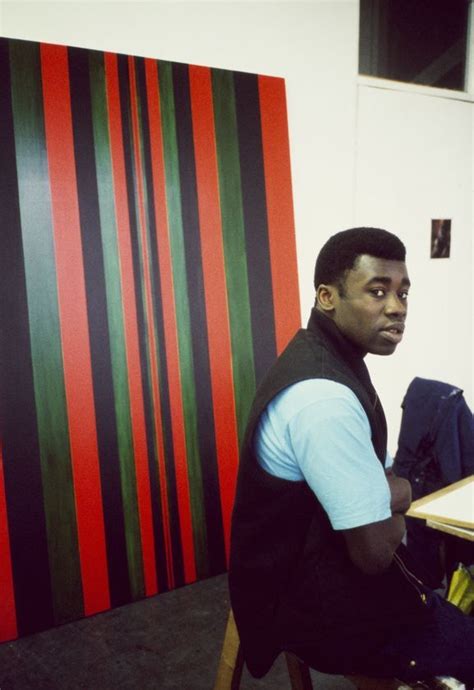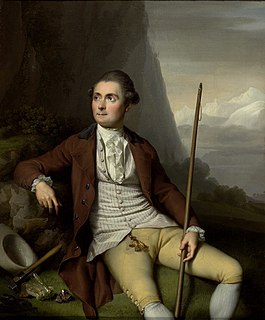A Quote by Henry Wadsworth Longfellow
In the life of every man there are sudden transitions of feeling, which seem almost miraculous. At once, as if some magician had touched the heavens and the earth, the dark clouds melt into the air, the wind falls, and serenity succeeds the storm. The causes which produce these changes may have been long at work within us, but the changes themselves are instantaneous, and apparently without sufficient cause.
Quote Topics
Related Quotes
There rolls the deep where grew the tree. O earth, what changes hast thou seen! There where the long street roars, hath been The stillness of the central sea. The hills are shadows, and they flow From form to form, and nothing stands; They melt like mist, the solid lands, Like clouds they shape themselves and go.
It is an exquisite and beautiful thing in our nature, that, when the heart is touched and softened by some tranquil happiness or affectionate feeling, the memory of the dead comes over it most powerfully and irresistibly. It would seem almost as though our better thoughts and sympathies were charms, in virtue of which the soul is enabled to hold some vague and mysterious intercourse with the spirits of those whom we loved in life. Alas! how often and how long may these patient angels hover around us, watching for the spell which is so soon forgotten!
January cold and desolate;
February dripping wet;
March wind ranges;
April changes;
Birds sing in tune
To flowers of May,
And sunny June
Brings longest day;
In scorched July
The storm-clouds fly,
Lightning-torn;
August bears corn,
September fruit;
In rough October
Earth must disrobe her;
Stars fall and shoot
In keen November;
And night is long
And cold is strong
In bleak December.
He is the best sailor who can steer within the fewest points of the wind, and extract a motive power out of the greatest obstacles. Most begin to veer and tack as soon as the wind changes from aft, and as within the tropics it does not blow from all points of the compass, there are some harbors which they can never reach.
The theory of the earth is the science which describes and explains changes that the terrestrial globe has undergone from its beginning until today, and which allows the prediction of those it shall undergo in the future. The only way to understand these changes and their causes is to study the present-day state of the globe in order to gradually reconstruct its earlier stages, and to develop probable hypotheses on its future state. Therefore, the present state of the earth is the only solid base on which the theory can rely.
Observe and contemplate on the hidden things of life: how a man's seed is but the beginning, it takes others to bring it to fruition. Think how food undergoes such changes to produce health and strength. See the power of these hidden things which, like the wind cannot been seen, but its effects can be.
What matters at this stage is the construction of local forms of community within which civility and the intellectual and moral life can be sustained through the new dark ages which are already upon us. And if the tradition of the virtues was able to survive the horrors of the last dark ages, we are not entirely without ground for hope. This time however the barbarians are not waiting beyond the frontiers; they have already been governing us for quite some time.
O God, enlarge within us the sense of fellowship with all living things, even our brothers, the animals, to whom Thou gavest the earth as their home in common with us. We must remember with shame that in the past we have exercised the high dominion of man with ruthless cruelty so that the voice of the earth, which should have gone up to thee in song, has been a groan of pain. May we realize that they live, not for us alone, but for themselves and for Thee and that they love the sweetness of life.
Truly, there are terrible primal arcana of earth which had better be left unknown and unevoked; dread secrets which have nothing to do with man, and which man may learn only in exchange for peace and sanity; cryptic truths which make the knower evermore an alien among his kind, and cause him to walk alone on earth.
This tree is indeed a Tree of Life, for without the higher and finer sentiments man does not life; he merely exists. If any branch of that tree does not bear fruit, the Master tells us that it shall be cut off and cast into the fire. It is the duty of all living things to produce some truly constructive labor as recognition of the divine life which is within them. God is most glorified when His children glorify His spirit within themselves.







































